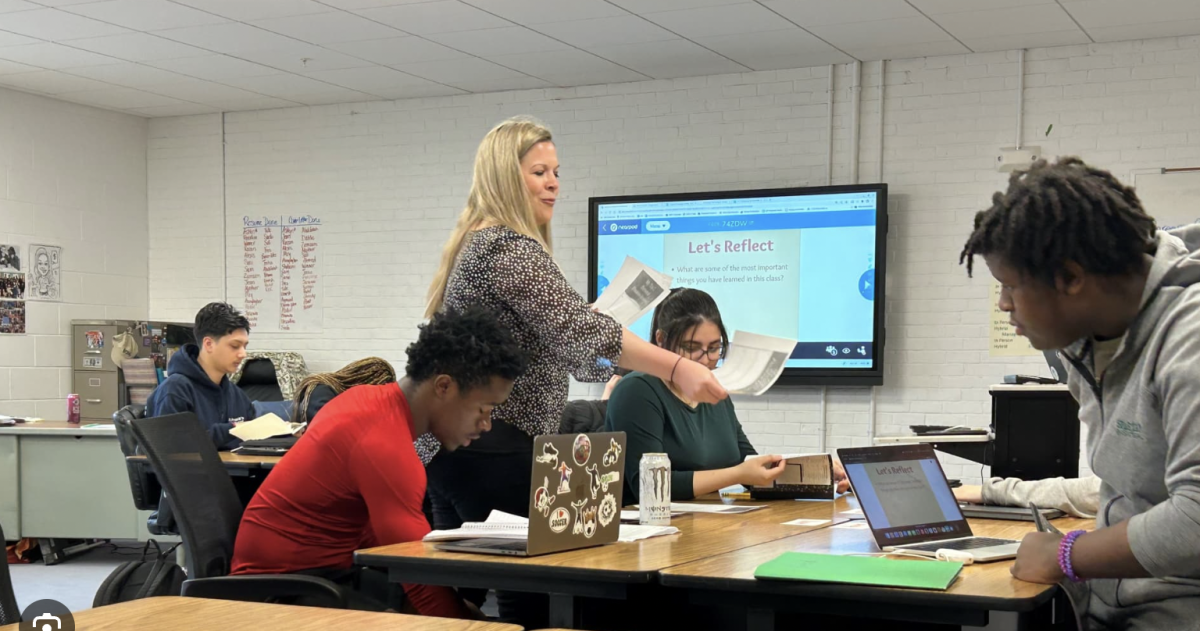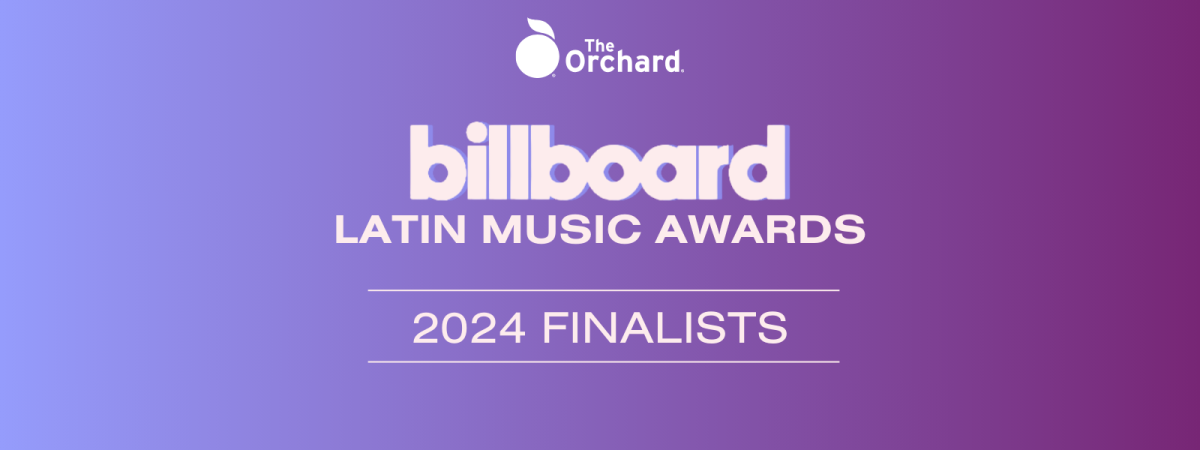In a bid to provide students with crucial life skills, we’re all missing a key factor. Education authorities should start promoting financial literacy classes in high schools. These classes can help strengthen the school’s curricula and build knowledgeable students. This will aim to give support to kids and the spreading need for money management learning, make sure students are comfortable with real world financial responsibilities such as understanding credit, budgeting, investing, and even just saving money. Supporters agree and are in need of a finance class to empower young people to make smart decisions and build a foundation for future financial firmness.
Lompoc High school does already have one financial aid, as a senior class. This class is an elective so it isn’t a requirement. I do feel that high school needs to include financial lessons somewhere, and that it is essential for students to learn about the money world. It can help them out a lot in the future and get them ready for life without any support. This class will hopefully go over all of it like, understanding credit, managing debt, saving and investing. The goal is to help future workers make informed financial choices and develop money management skills. Gavin Newsom signed a law, stating that finance classes will be implemented throughout the grades, starting with the graduating class of 2031 (when it will be required). It will be offered 2027-2028. But will kids even find interest in signing up if there’s way more cooler things they rather spend time on? What I’m saying is before the class of 2031, future workers will struggle with money and wish they had taken financial classes. Instead of bringing them down because they rather do art or sports, we should require them to take a class during one semester. Even if they don’t care for it, they will remember it. We need to break this “If it’s not tested it’s not taught” mindset for schools.
Adding financial literacy classes in high school is a needed step towards providing young people with necessary skills for their future. By understanding managing debt early on, investing, and budgeting, students can make knowledgeable financial decisions, avoid difficulties, and build a strong base for financial secureness. This provident way not only empowers students but also teaches them a more financially astute society, eventually giving to a long-term industry for welfare and personal stability.












